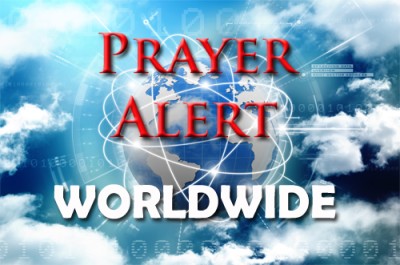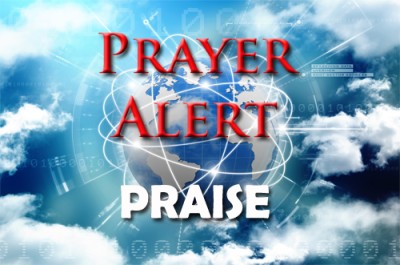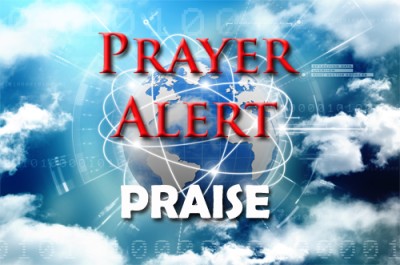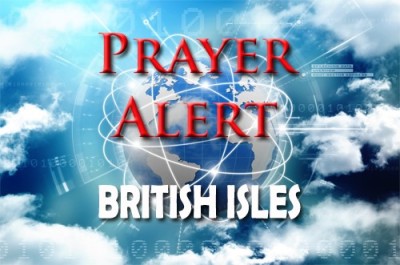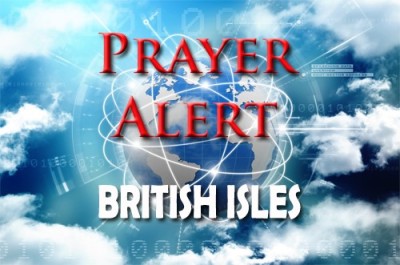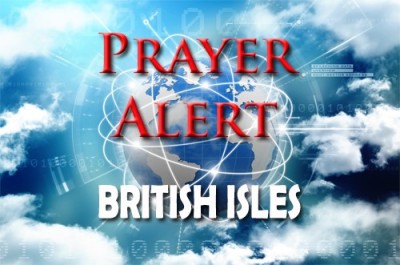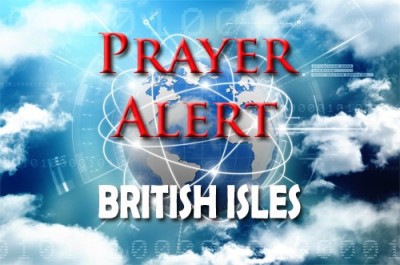Canada: Carney calls snap election
27 Mar 2025Mark Carney has called a snap federal election for 28 April, aiming to secure a strong mandate amid rising tensions with Donald Trump. A political newcomer and former banker, Carney was sworn in just weeks ago after succeeding Justin Trudeau, who stepped down following internal party strife. The election sets the stage for a fierce contest with Conservative leader Pierre Poilievre, a populist who once led comfortably in the polls. The central issue is who can best defend Canada against Trump’s aggressive rhetoric and trade threats, including proposed tariffs and talk of annexation. Carney accused Trump of seeking to undermine Canadian sovereignty and vowed to build a more secure, self-reliant nation. Poilievre, meanwhile, blamed Liberal policies for Canada’s current vulnerability and called for a nationalist shift in governance. The 37-day campaign is poised to reshape the nation’s future at a critical crossroads. Trump’s actions have infuriated Canadians - and upended their politics.
We are just commencing the 2025 Global Day of Prayer for the Muslim World. Do join us Thursday, March 27th, from 9am (EDT)!
I am encouraged that many millions of people are already committed to praying during the 24 hours, and we believe that the Lord will hear our prayers and that we are going to witness breakthrough in the days that follow!
This will be a powerful, united time of intercession with believers from across the globe, crying out for millions to encounter Christ during this significant season.
"And this Gospel of the kingdom will be preached in the whole world as a testimony to all nations, and then the end will come." (Matthew 24:14)
This is the Spring season when daylight saving times revert across the world… so we encourage you to check the 9am EST start time in your city, Here!
Pray where you are - at home, at work, at school, at church… or join with others from around the world online!
Our worship and prayers online will be led each hour by prayer leaders from around the world. The first hour will be hosted by Brian Alarid and myself, with worship and prayers from Ps Erwin Widjaja and the Issachar Prayer Tower Worship Team in Batam, Indonesia. The second hour will be led by Rick Ridings and his Worship Team, live from Jerusalem.
Join the Global Day of Prayer Online Here (Code 32223)
Thursday 27th March - Starting at 9am EDT
(CHECK THE TIME IN YOUR CITY)
'Ramadan to Resurrection Sunday!' - Prayer Guide
By way of a gift, I am pleased to bring you a short encouragement and exhortation to go deeper in your prayers!
This guide brings some clear scriptural pointers to guide you as you pray both for friends, family and neighbours but also for many that you cannot see among the unreached people groups.
‘Ramadan to Resurrection Sunday’ provides practical prayer themes—including “Open Doors, Minds, Hearts, and Heavens”- and biblical strategies to cry out for revival, Gospel proclamation, and spiritual awakening. It’s a bold, faith-filled call to partner with God in His redemptive mission, trusting that “more prayer = more power.”
Let’s pray together for a harvest of souls across the Muslim world and beyond!
May I invite you to watch this short video that brings to life why we are praying for people by name – with some thoughts that I trust will encourage you in your prayers…
Let’s pray together for a harvest of souls across the Muslim world and beyond!
'Ramadan to Resurrection Sunday!' can be downloaded HERE
“The prayer of a righteous person is powerful and effective.” (James 5:16b)
 Thank you for your partnership in prayer for the nations!
Thank you for your partnership in prayer for the nations!
All Glory to the Lamb!
Jason Hubbard - Director
International Prayer Connect
Rejoice greatly and shout for joy!
20 Mar 2025‘“The desert and the parched land will be glad; the wilderness will rejoice and blossom. Like the crocus, it will burst into bloom; it will rejoice greatly and shout for joy” (Isaiah 35:1). Spending an afternoon in the garden with my grandchildren brought unexpected joy. As we worked, my grandson discovered tiny snails and shared them with his sister, who excitedly named them and took them home. Amidst the simple beauty of spring’s arrival, my heart rejoiced. Spring symbolises hope and new beginnings. Just as crocus shoots break through the soil, God renews our weary hearts. Isaiah 43:18-19 reminds us that He is always doing a new thing, making a way in the wilderness. Jesus, too, experienced a wilderness season, yet He overcame temptation, fulfilling His mission. We face trials, but we are never without God’s grace. His mercies are new every morning. As we step into each day, let us rejoice in the promise of resurrection and renewal.’
Surprised by God’s ‘blackmail’ to stop smoking
20 Mar 2025Aubrey writes: ‘Moving into a new home was chaotic - boxes everywhere, toddlers running around, and a landlady waiting for rent. I knew I had stashed my cash somewhere safe, but no matter how much I searched, I couldn’t find it. Frustrated, I stepped into the bathroom and prayed, 'God, help me find that money.' Suddenly, a strong thought came to mind: If you quit smoking, you’ll find that money. I was stunned - this wasn’t what I had prayed for! I stormed out, refusing to obey, but after more fruitless searching, I knew I had no choice. Angrily, I went back, sat down, and declared, 'All right! I’ll quit smoking! Now where is that money?' But the voice pressed further: ‘How will I know you are serious?’ Reluctantly, I found all my cigarettes, soaked them in water, and threw them away. Still frustrated, I walked to my jewelry box and, for the umpteenth time, opened it. This time, I lifted the top section - and there was my wad of cash, right where I had placed it! God had spoken, and I couldn’t ignore Him. From that moment on, I never smoked another cigarette - I didn’t dare.’
Key changes to benefits in welfare shake-up
20 Mar 2025The Government has announced major welfare reforms aimed at cutting costs and encouraging work. The changes include stricter eligibility for Personal Independence Payments (PIP), reduced incapacity benefits, and new work incentives. From November 2026, PIP eligibility criteria will tighten, making it harder to qualify for support with daily living tasks. However, those with severe, lifelong conditions will no longer face reassessments. Incapacity benefits under Universal Credit will freeze at £97 per week from April 2025 and drop to £50 per week for new claimants in 2026. Young people under 22 will lose access to incapacity benefit top-ups, with funds redirected to training programs. To ease fears about job loss, those trying work will not face automatic reassessments. The government is investing £1bn to help disabled people and those with long-term conditions to enter the workforce. See
Nicholas Prosper, 19, has been sentenced to 49 years in prison for murdering his mother and two siblings and planning Britain’s deadliest school shooting. The former school dropout meticulously planned a massacre at his old primary school, intending to kill thirty children and teachers. On 13 September 2024, Prosper shot and stabbed his family before heading towards the school. His plot was thwarted when police in a passing car noticed him acting suspiciously and arrested him. The court heard that he was obsessed with mass murder, child abuse, and online gore content, idolising past school shooters. He forged a gun licence to buy a shotgun and ammunition, using a loophole in UK firearms law. The government has now pledged to tighten gun laws in response. Prosper showed no remorse, expressing regret only that he had not killed more. The judge ruled that he might never be eligible for release.
The Court of Appeal has dismissed challenges against a £3 billion rescue plan for Thames Water, allowing the utility to continue operating despite severe financial difficulties. The High Court had previously sanctioned the deal, which was designed to prevent the company from running out of money. However, a group of secondary creditors and Thames Water’s parent company appealed, arguing that the plan unfairly benefited senior lenders. MP Charlie Maynard also called for the company to be placed under special administration, to protect customers. The appeal was rejected, with judges ruling that the approved restructuring should stand. Thames Water serves 16 million customers and manages over 88,000 miles of water infrastructure. The deal is an interim measure, with a long-term financial restructuring expected later this year.
A nationwide health alert has been issued in Scotland following a surge in deaths and overdoses linked to heroin laced with nitazene-type synthetic opioids, known as ‘Frankenstein’ drugs. Nitazenes are up to 500 times stronger than heroin, with no safe way to use them. Overdoses have been sudden and severe, often requiring multiple doses of naloxone to reverse effects. Public Health Scotland (PHS) has warned that the unregulated drug market remains highly toxic and unpredictable. Authorities are advising people not to use the drugs alone, avoid mixing substances, recognise overdose signs, and carry naloxone. As Scotland faces a worsening drug crisis, prayers are needed for protection, recovery, and wisdom for those working to combat addiction and save lives.
